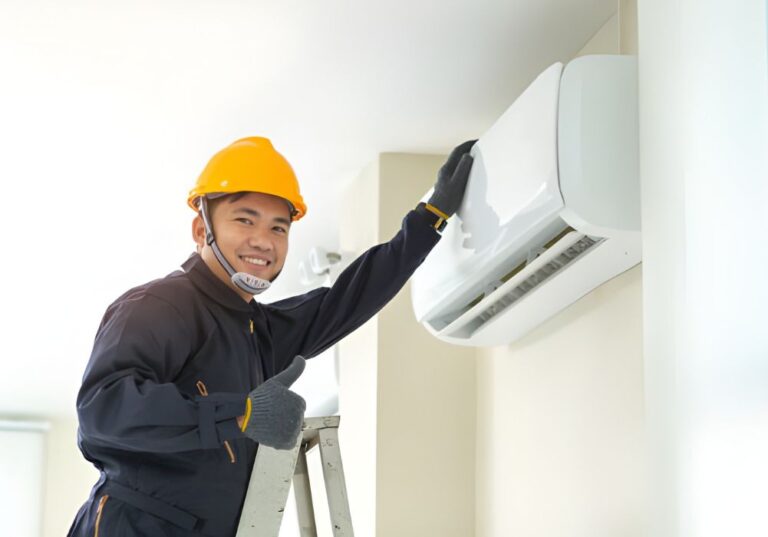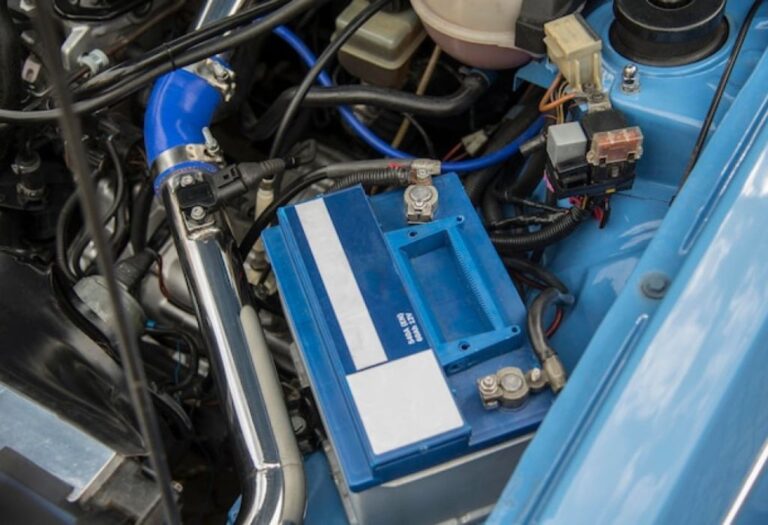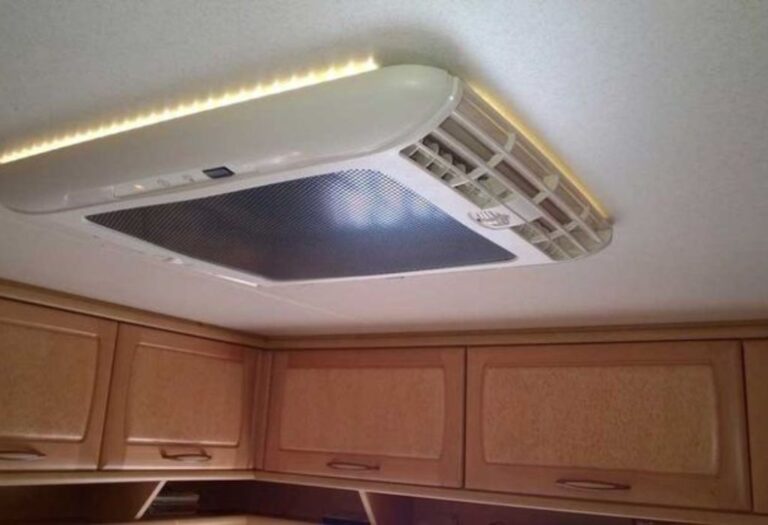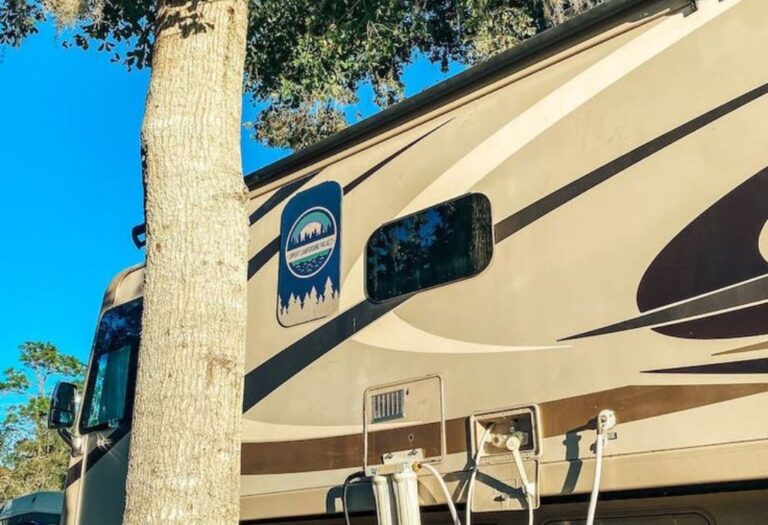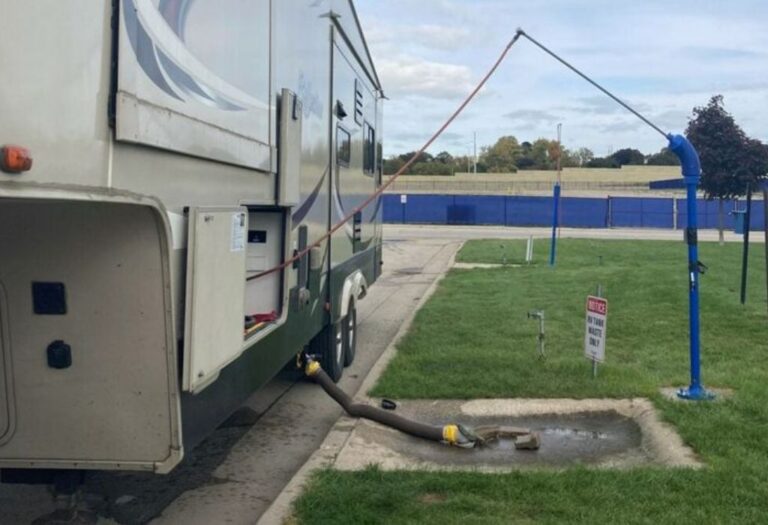Does an RV Water Pump Run Off the Battery?
An RV owner sets up camp far from hookups, enjoying the quiet of the forest. After turning on the faucet, water flows as if connected to city plumbing.
The hidden hero making this possible is the RV water pump, but many travelers wonder—does it really run off the battery?
Confusion is common among new RVers. Some believe the pump works only when plugged into shore power, while others think it drains the battery quickly if left on.
The truth lies in understanding how the 12-volt electrical system powers vital RV functions when off-grid.
The RV water pump is designed to pressurize the plumbing system, pulling fresh water from the onboard tank and delivering it to faucets, showers, and toilets.
This system is especially critical during boondocking and dry camping, where no outside water source is available. Without the pump, an RV loses one of its most essential comforts.
Power demand is another concern. A typical RV pump draws 4 to 10 amps while running, cycling on and off only when water is used.
With a healthy deep-cycle battery, most RVers can run the pump for days before needing to recharge. Adding solar panels or a generator further extends its reliability, ensuring clean water flows whenever needed.
According to the RV Industry Association, over 11 million U.S. households own RVs, and many rely on their battery-powered water pumps during off-grid adventures.
Knowing how the pump operates helps conserve energy, prevent dead batteries, and avoid costly mistakes like running the pump dry.
This guide will explain whether the RV water pump runs off the battery, how long it lasts, common mistakes, and smart tips to maximize both pump and battery life.
What Does the RV Water Pump Do?
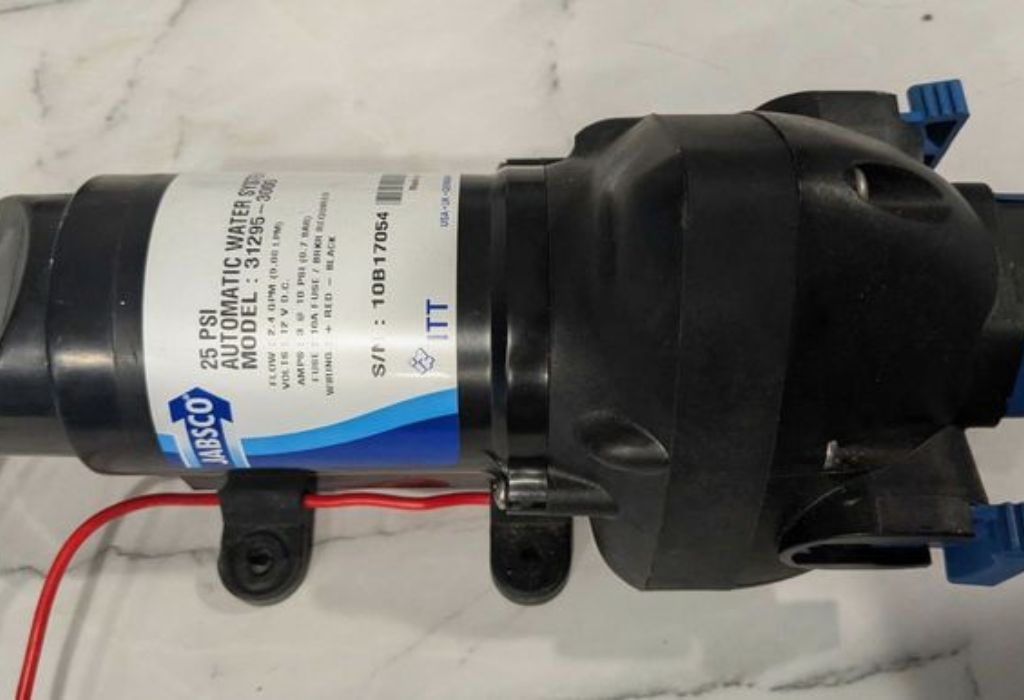
The RV water pump plays a simple yet vital role: it moves water from the fresh tank into your plumbing system. Without it, faucets, showers, and toilets would remain dry anytime you’re away from city water hookups.
It works by using a 12-volt DC motor to pressurize the plumbing system, cycling on and off depending on demand. This pressure allows you to enjoy household-like water flow even in the middle of the desert or a forest campground.
What is the main job of an RV water pump?
It pressurizes water from the fresh tank and pushes it through faucets, showers, and toilets.
Does the pump work if hooked to city water?
No, when connected to city water, the external pressure bypasses the pump.
Is the pump always running when switched on?
No, it runs only when pressure drops—such as when you open a faucet.
Can the pump provide hot water?
Indirectly, yes. It sends water through the water heater.
Is a pump needed in all RVs?
Yes, unless the RV is permanently connected to city water.
Does the RV Water Pump Run Off the Battery?
The answer is yes. The RV water pump runs on the 12-volt battery system, the same system that powers lights, fans, and other DC appliances.
When boondocking, the pump draws directly from the RV battery. When plugged into shore power, the converter charges the battery and supplies power to the pump. Either way, the pump relies on the battery.
Does the pump run on AC power?
Not directly. It only uses AC when the converter changes it to DC.
How much power does a pump use?
Most pumps draw 4–10 amps while cycling.
Can solar keep the pump running?
Yes, solar panels recharge the battery, which powers the pump.
Will the pump work with a dead battery?
No, unless you are plugged into shore power with a working converter.
Does using the pump drain the battery fast?
No, it only cycles when needed, so total usage is modest.
How Long Will the Pump Last on Battery Power?
The runtime depends on battery size, pump draw, and how much water you use.
For example, a 100Ah deep-cycle battery with a pump that draws 7 amps could theoretically run continuously for about 14 hours. But since pumps don’t run nonstop, the battery often lasts for days of typical use.
How do I calculate pump run time?
Divide the battery’s amp-hour rating by the pump’s amp draw.
How long does a 100Ah battery last with a pump?
Around 2–4 days of normal usage.
Does frequent use shorten runtime?
Yes, constant showers and dishwashing drain power faster.
Is lithium better than lead-acid?
Yes, lithium batteries hold voltage longer, giving pumps steady power.
Can multiple batteries extend runtime?
Yes, adding a second battery doubles available amp-hours.
Common Mistakes RV Owners Make
Even experienced RVers misuse water pumps. Some common mistakes include:
- Leaving the pump on while connected to city water.
- Running the pump dry when the fresh tank is empty.
- Forgetting to turn off the pump when leaving the RV.
- Using weak or poorly maintained batteries.
Can the pump burn out if left running dry?
Yes, dry running damages seals and overheats the motor.
Is it safe to leave the pump on while driving?
Yes, but turn it off when parked to avoid leaks.
Why does the pump cycle randomly?
Likely due to a leak or pressure loss.
What happens if I leave the pump on with no water?
It will run continuously and may burn out.
Can city water damage the pump?
Not if used properly, but leaving the pump on is unnecessary.
Tips to Extend Battery and Pump Life
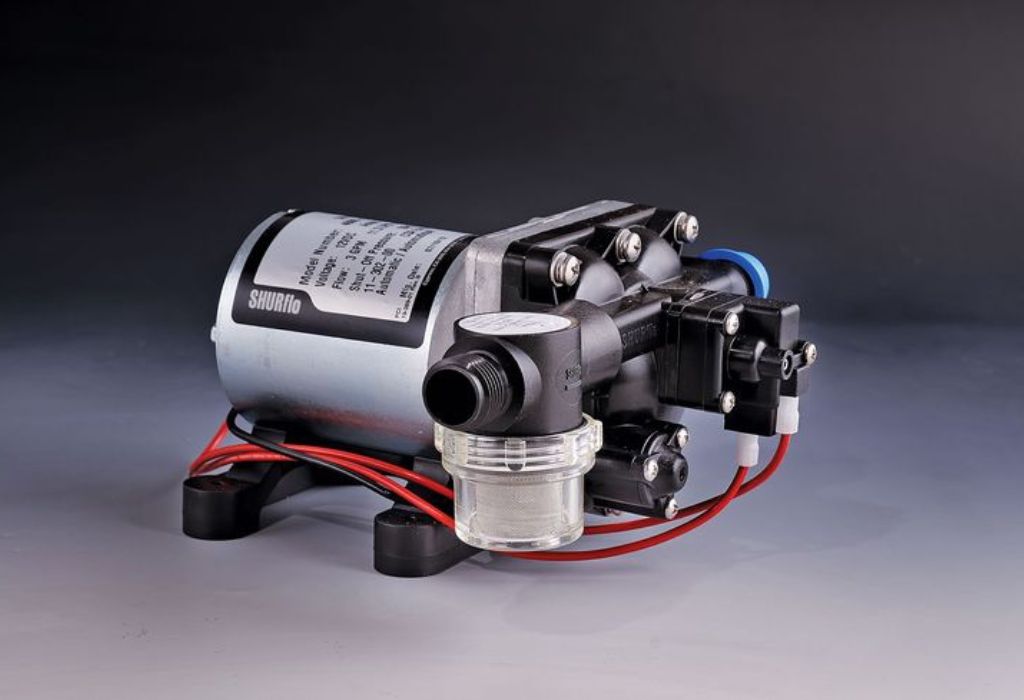
Proper habits save both your pump and battery.
- Turn off the pump when not in use.
- Install solar panels or a generator for recharging.
- Upgrade to lithium or deep-cycle batteries.
- Regularly inspect hoses, filters, and seals.
- Use water efficiently while camping.
Should I turn off the pump at night?
Yes, unless you expect to use water.
Does a lithium battery help the pump?
Yes, it provides more consistent voltage.
Can solar alone power the pump?
Yes, as long as panels produce enough charge daily.
Is it okay to leave the pump switch on?
Only if you’re in the RV and using water.
How do I know if my pump uses too much power?
Check for unusual noise, overheating, or rapid cycling.
Conclusion
The RV water pump does run off the battery, cycling on only when water is needed. For dry camping and boondocking, it’s one of the most critical components of your rig.
By learning how it draws power, how long it can last, and how to avoid mistakes, you can extend the life of both your pump and battery. Adding solar or extra batteries ensures your water supply is always available.
Whether you’re in the mountains, desert, or at a quiet lakeside campsite, managing your RV water pump wisely means you’ll always have water when you need it.
I’m David R. Coleman, the founder, lead writer, and lifelong tool enthusiast behind GarageToolPro.com. With years of experience in automotive repair, woodworking, and home DIY projects, I created this platform to share practical tips, detailed tool reviews, and step-by-step guides that help mechanics, hobbyists, and homeowners get the job done right the first time.

